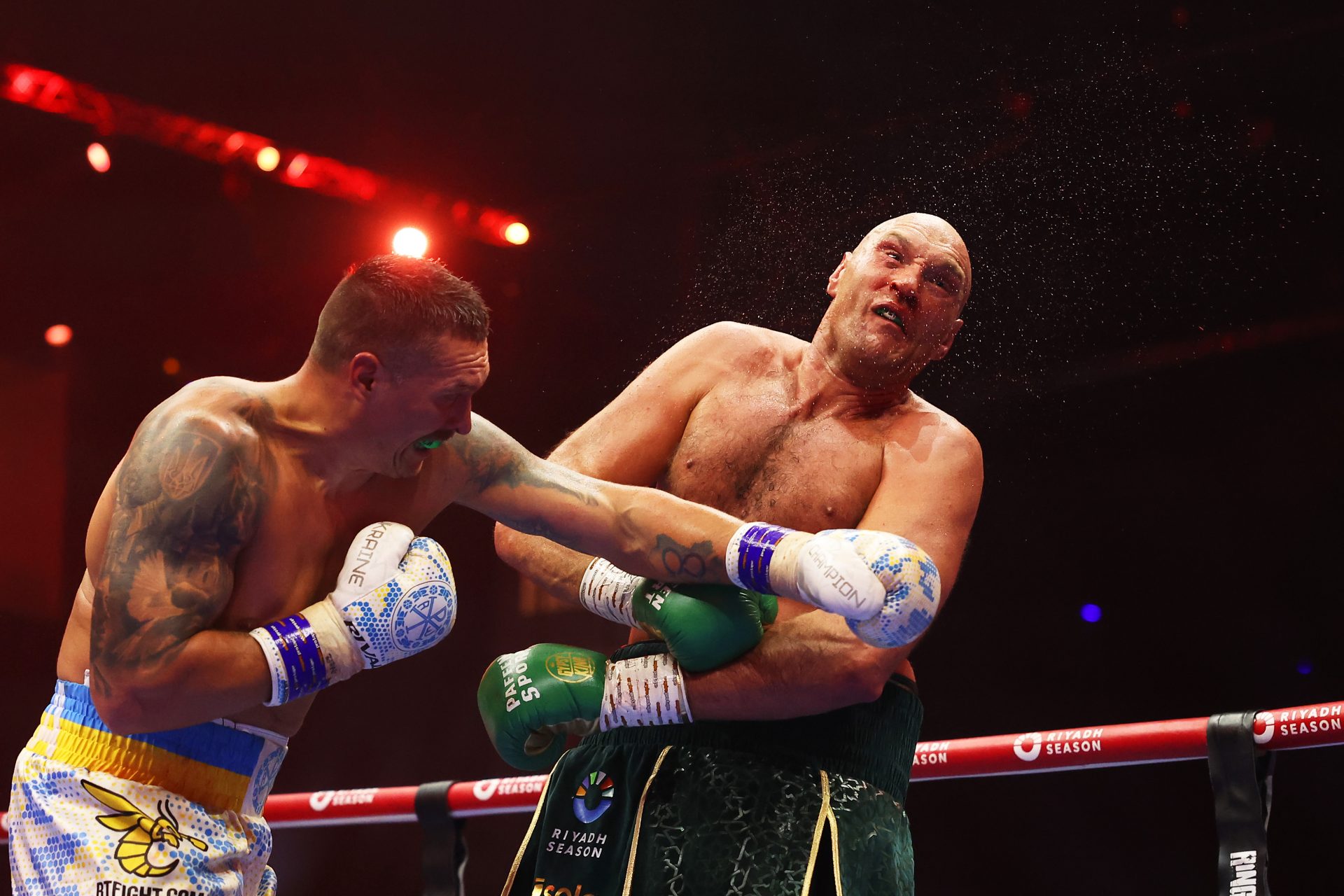F1 drivers now need permission to make political statements
Formula One drivers have been effectively banned from making political statements after the International Automobile Federation (FIA) added a new article to its sporting code that bans drivers from making any controversial statements without first getting permission from the organization.
The 2023 version of the FIA’s International Sporting Code prohibits drivers from making any controversial public statements that contradict the racing organization's public neutrality on controversial issues.
"The general making and display of political, religious and personal statements or comments notably in violation of the general principle of neutrality promoted by the FIA and its statutes, unless previously approved in writing by the FIA for international competitions..."
This new clause will give FIA officials more freedom to deal with unruly drivers who use their success in racing as a platform to bring attention to opinions or beliefs that run counter to the organization's interests.
Formula One is no stranger to public controversy. Former seven-time world champion Lewis Hamilton first made waves for the FIA when he wore a t-shirt after the race that stated: "Arrest the cops who killed Breonna Taylor '' to the 2020 Tucson Grand Prix.
Hamilton’s shirt also featured an image of the deceased Breonna Taylor on the back paired with the words, "Say her name".
After that incident, the FIA changed its rules and effectively banned drivers from wearing anything other than racing suits before their race or during the podium ceremonies.
The new protocols stated that "For the duration of the podium ceremony and post-race interview procedure, the drivers finishing in race in positions 1, 2, 3 must remain attired only in their driving suits, 'done up' to the neck, not opened to the waist.”
Hamilton wasn’t the only driver making waves, though. During the 2021 Hungarian Grand Prix, Sebastian Vettel got in trouble for wearing a “Same Love” in protests against Hungary's anti-LGBTQ+ laws.
"They can do whatever they want to me, I don’t care. I would do it again," Vettel said in a later interview.
Hamilton supported the move, saying in an interview that "I think it’s wonderful that [Vettel] has taken a stance this weekend, really to speak out for those in the LGBTQ+ community here," Hamilton said.
I spoke about it at the beginning of the weekend,” Hamilton continued, “I think it was important for him to do so. He probably won’t be in too much trouble.”
"But we have to make a stand. We’re pushing for diversity and inclusivity, and that community, 100%, is included in that. I’m proud of him for it," Hamilton added.
Vettel didn’t get in much trouble for his “Same Love” shirt and that may be why he continued to push various political messages.
During the 2022 Montreal Grand Prix, Vettel wore a shirt that displayed the words, "Stop Mining Tar Sands," and "Canada's Climate Crime" paired with an image of an oil pipeline.
In a statement from the FIA, officials noted that the changes in the International Sporting Code were intended to underpin “the political neutrality of sport as a universal fundamental ethical principle” and promised to “promote the protection of human rights and human dignity, and refrain from manifesting discrimination.”
More for you
Top Stories





























